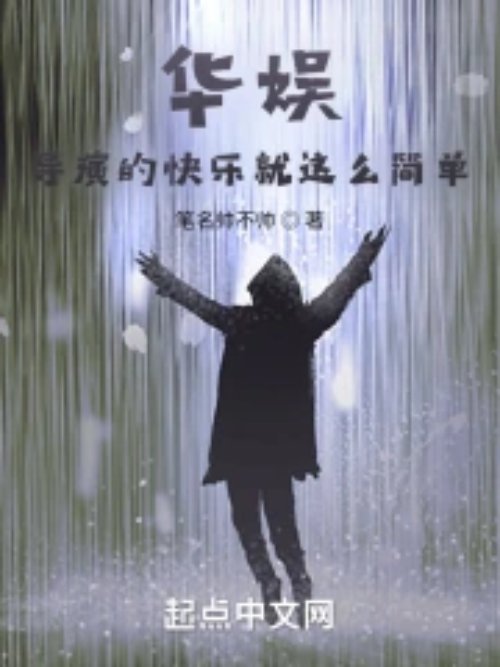LETTER 551
您可以在百度里搜索“The Works of Charles and Mary Lamb — Volume 6 艾草文学(www.321553.xyz)”查找最新章节!
LETTER 551
CHARLES LAMB TO EDWARD MOXON
[No date. Winter, 1832.]
Thank you for the books. I am ashamed to take tythe thus of your press. I am worse to a publisher than the two Universities and the Brit. Mus. A[llan] C[unningham] I will forthwith read. B[arry] C[ornwall] (I can't get out of the A, B, C) I have more than read. Taken altogether, 'tis too Lovey; but what delicacies! I like most "King Death;" glorious 'bove all, "The Lady with the Hundred Rings;" "The Owl;" "Epistle to What's his Name" (here may be I'm partial); "Sit down, Sad Soul;" "The Pauper's Jubilee" (but that's old, and yet 'tis never old); "The Falcon;" "Felon's Wife;" damn "Madame Pasty" (but that is borrowed);
Apple-pie is very good,
And so is apple-pasty;
But—
O Lard! 'tis very nasty:
but chiefly the dramatic fragments,—scarce three of which should have escaped my Specimens, had an antique name been prefixed. They exceed his first. So much for the nonsense of poetry; now to the serious business of life. Up a court (Blandford Court) in Pall Mall (exactly at the back of Marlbro' House), with iron gate in front, and containing two houses, at No. 2 did lately live Leishman my taylor. He is moved somewhere in the neighbourhood, devil knows where. Pray find him out, and give him the opposite. I am so much better, tho' my hand shakes in writing it, that, after next Sunday, I can well see F[orster] and you. Can you throw B.C. in? Why tarry the wheels of my Hogarth?
CHARLES LAMB.
["I am worse to a publisher." There is a rule by which a publisher must present copies of every book to the Stationers' Hall, to be distributed to the British Museum, the Bodleian, and Cambridge University Library.
"A.C…. B.C." Allan Cunningham's Maid of Elvar and Barry Cornwall's English Songs, both published by Moxon. This is Barry Cornwall's "King Death":—
KING DEATH
King Death was a rare old fellow!
He sate where no sun could shine;
And he lifted his hand so yellow,
And poured out his coal-black wine.
Hurrah! for the coal-black Wine!
There came to him many a Maiden,
Whose eyes had forgot to shine;
And Widows, with grief o'erladen,
For a draught of his sleepy wine.
Hurrah! for the coal-black Wine!
The Scholar left all his learning;
The Poet his fancied woes;
And the Beauty her bloom returning,
Like life to the fading rose.
Hurrah! for the coal-black Wine!
All came to the royal old fellow,
Who laugh'd till his eyes dropped brine,
As he gave them his hand so yellow,
And pledged them in Death's black wine.
Hurrah!—Hurrah!
Hurrah! for the coal-black Wine!
By the "Epistle to What's his Name" Lamb refers to some lines to himself which had been printed first in the London Magazine in 1825, entitled "The Epistle to Charles Lamb." See in the Appendix.
"Madame Pasty." Procter had some lines on Madame Pasta.
"My Specimens." Lamb's Dramatic Specimens, which very likely suggested to Procter the idea of "Dramatic Fragments."
Under the date November 30, 1832, an unsigned letter endorsed "From Charles Lamb to Professor Wilson" is printed in Mrs. Gordon's "Christopher North:" A Memoir of John Wilson. Although in its first paragraph it might be Lamb's, there is evidence to the contrary in the remainder, and I have no doubt that the endorsement was a mistake. It is therefore not printed here.] The Works of Charles and Mary Lamb — Volume 6




